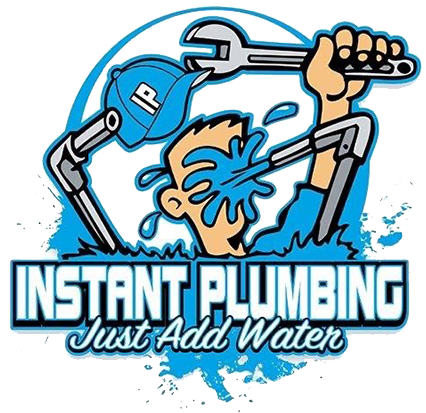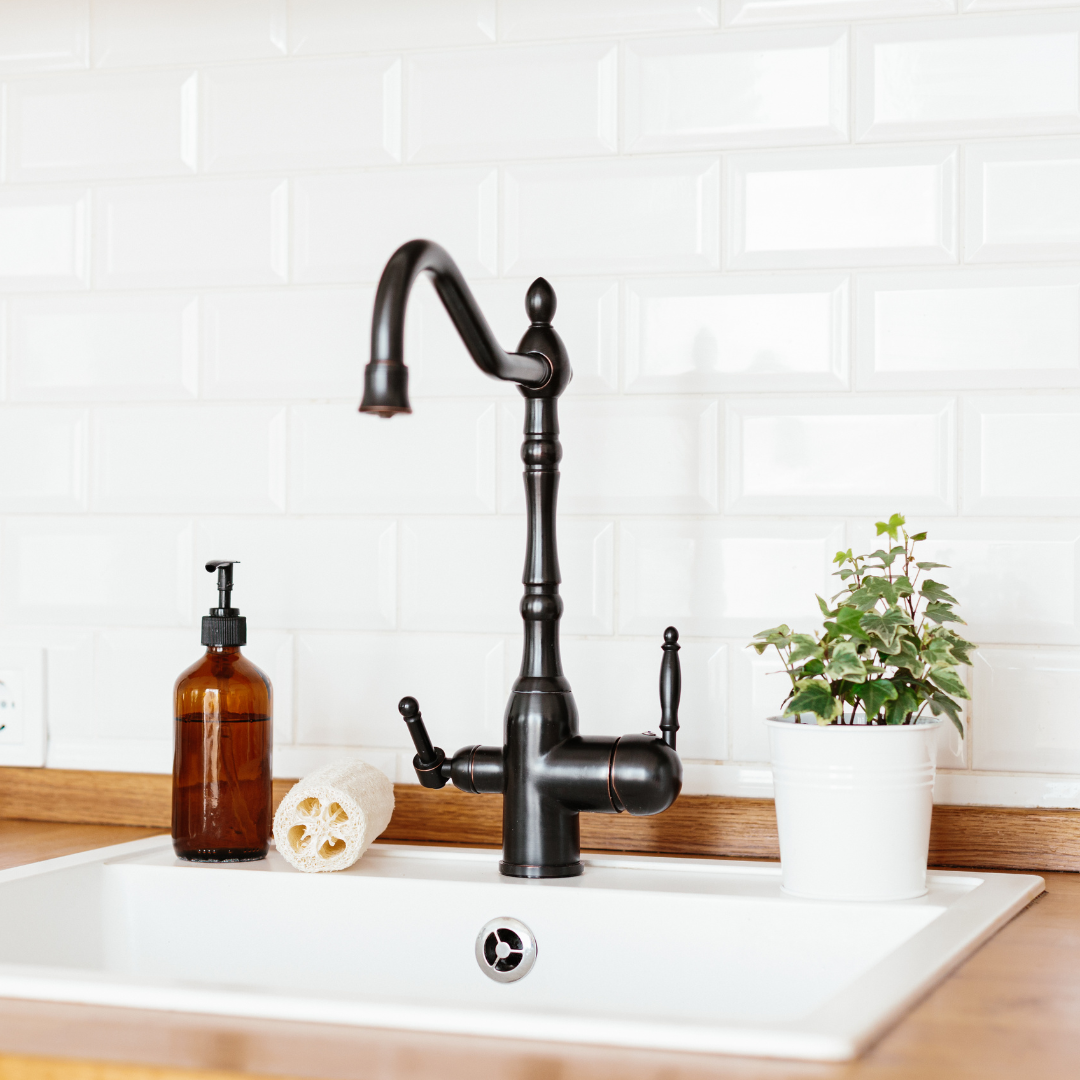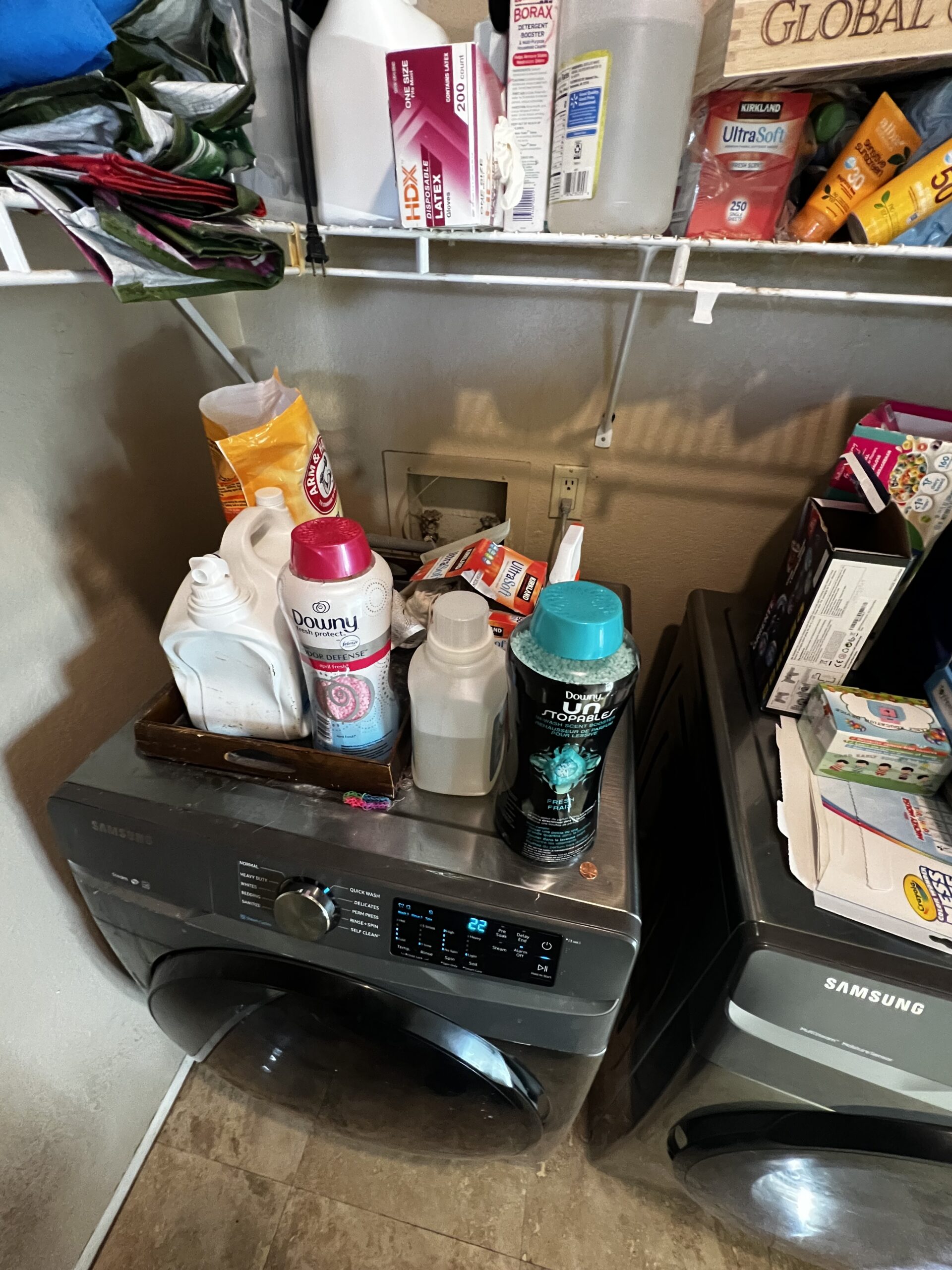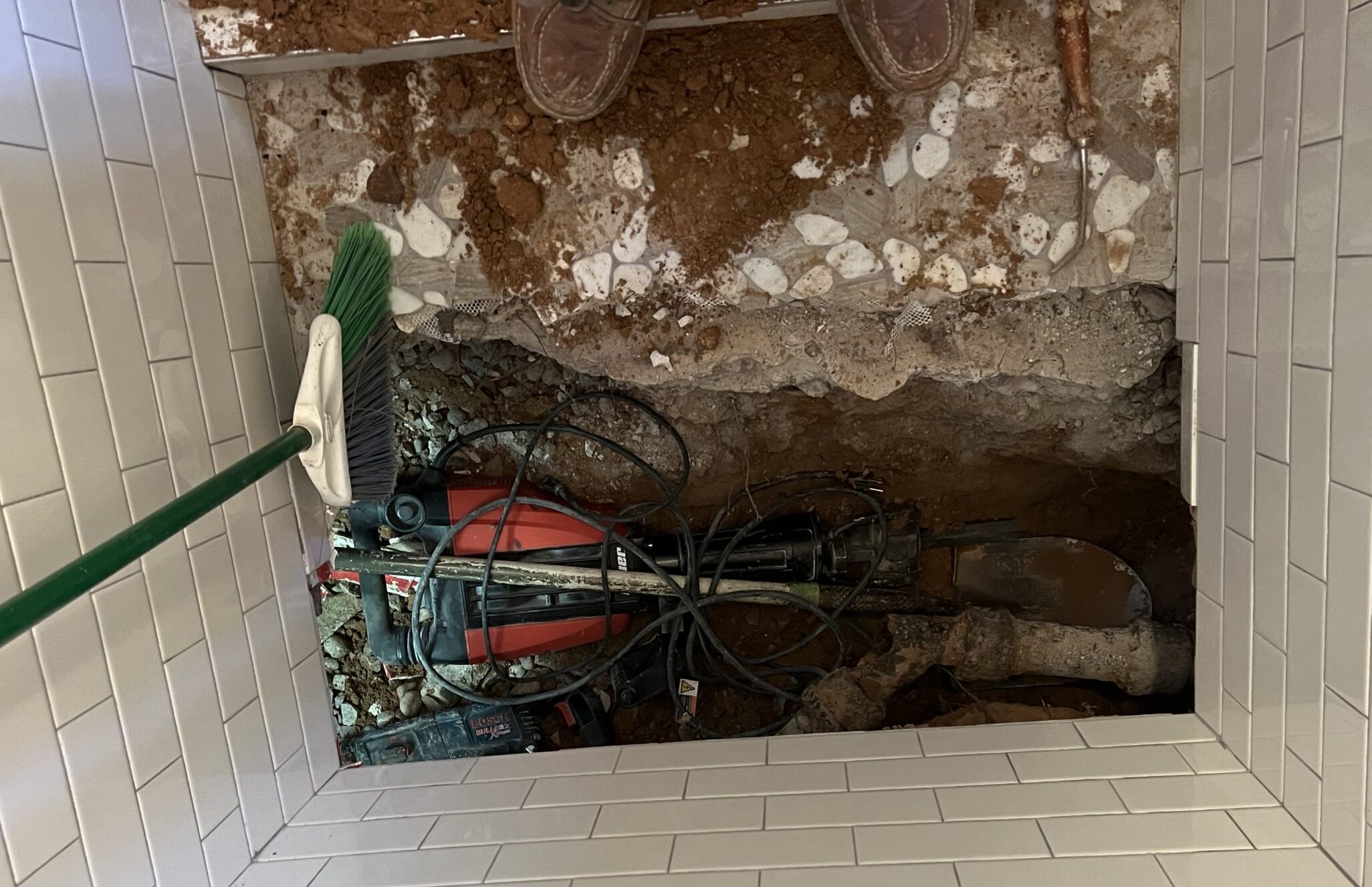Recognizing Signs of a Broken Sewer Line: How to Detect Potential Issues
Dealing with a broken sewer line can quickly turn into a plumbing nightmare, potentially causing considerable damage to your home and property. Identifying a broken sewer line can be challenging, given that these essential pipes are hidden beneath the ground. However, there are certain telltale signs you can watch out for that might indicate a problem with your sewer line. In this blog, we’ll dive into common indicators of a broken sewer line and offer guidance on what steps to take if you come across any of these warning signals.

Sluggish Drains
One of the most obvious signs of a broken sewer line is slow drainage. If water seems to be taking forever to clear out from your sinks, showers, or tubs, there’s a chance that something is blocking your sewer line. This obstruction could be caused by debris, invasive tree roots, or even a collapsed pipe.
Unpleasant Odors
The unmistakable smell of sewage is another strong clue of a broken sewer line. If you notice a pungent, unpleasant odor coming from your drains, toilets, or yard, it’s a clear indication that your sewer line might be compromised.
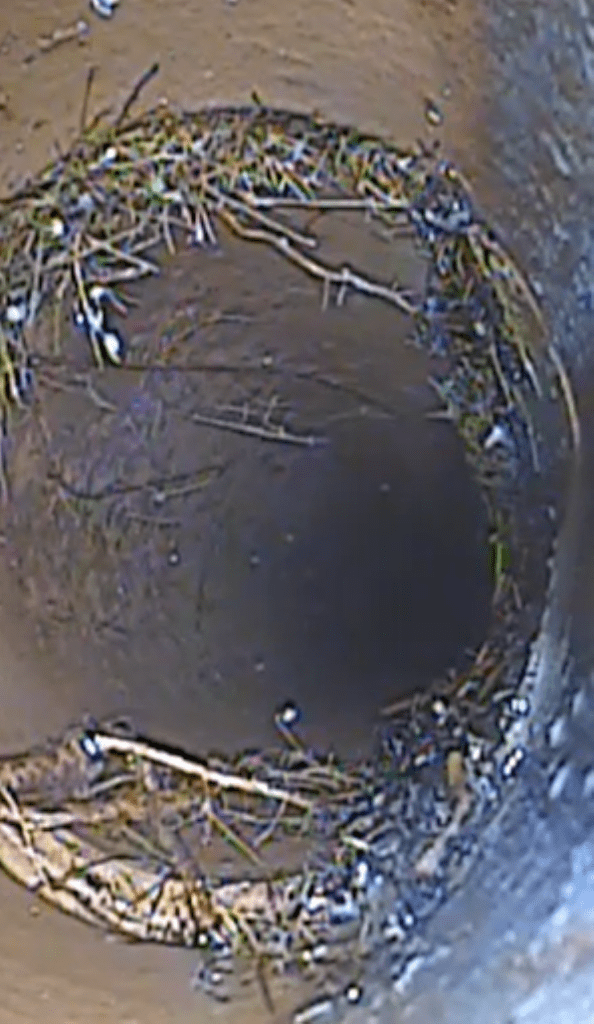

Vibrant Patches of Grass
Surprisingly lush and vibrant patches of grass in your yard can be a sign of a broken sewer line. When a sewer line gets damaged, it could leak wastewater into the soil. This unintended fertilization could result in unusually lush and green areas of grass.
Unexpected Yard Puddles
Even on dry days, finding puddles in your yard could signal a broken sewer line. Damaged sewer lines might release wastewater into the soil, leading to unexplained pools of water in your yard.
Mold and Mildew Growth
The effects of a broken sewer line can extend indoors, with mold, mildew or even mushrooms thriving in the affected spaces. Discovering mold, mildew, or mushrooms in your bathroom, kitchen or basement could indicate a sewage backup resulting from a broken sewer line. This is more than just a cosmetic concern—it poses health risks that need immediate attention.
If any of these signs raise concerns, it’s crucial to get in touch with a professional plumber right away. At Instant Plumbing and Rooter, serving Phoenix and its neighboring cities, our skilled plumbers are equipped to swiftly diagnose and address your broken sewer line. Using advanced tools such as video camera inspection and sewer locating equipment, we’ll identify the root cause of the problem and provide accurate solutions. Don’t let the issue worsen—reach out to us today and let us ensure the smooth operation of your plumbing system.
Frequently Asked Questions
Q: What are the signs of a broken sewer line?
A: Key indicators of a broken sewer line include sluggish drains, unpleasant odors, unusually lush patches of grass in your yard, unexpected yard puddles, and indoor mold or mildew growth. These signs suggest that your sewer line may be blocked, damaged, or leaking, which requires immediate attention from a professional plumber.
Q: How can I tell if slow drainage is due to a broken sewer line?
A: If you notice that water is draining slowly from your sinks, showers, or tubs, it could be a sign of a blockage in your sewer line. This could be caused by debris, tree roots, or a collapsed pipe. If multiple drains in your home are affected, it’s more likely to be a sewer line issue rather than a localized blockage.
Q: Why does my yard have lush, green patches of grass?
A: Vibrant patches of grass in your yard can indicate a broken sewer line. When a sewer line leaks, it releases wastewater into the soil, which can act as a fertilizer, causing certain areas of your lawn to appear unusually lush and green compared to the rest.
Q: What does it mean if I find puddles in my yard on dry days?
A: Finding puddles in your yard, especially during dry weather, can be a sign of a broken sewer line. These puddles are likely caused by wastewater seeping into the ground from a damaged sewer pipe, leading to unexplained water accumulation on the surface.
Q: Should I be concerned about mold and mildew in my home?
A: Yes, the presence of mold, mildew, or even mushrooms in your home, particularly in bathrooms, kitchens, or basements, can indicate a sewage backup from a broken sewer line. This is not just a cosmetic issue but also poses health risks and should be addressed immediately by a professional plumber.
